TLDR: The five signals I picked out from the noise this week were:
China only rattled its sabres in the Taiwan Strait;
There was no inflation in the United States in July;
House prices are bottoming out in Auckland City and Wellington City;
Christopher Luxon failed his first candidate selection test; and,
An Auditor General’s report exposed Three Waters’ democratic deficit.
I co-hosted our weekly live ‘hoon’ webinar for over 100 paying subscribers with Peter Bale at 5pm last night to talk about these events of the week and others with special guests University of Victoria Foreign Affairs Associate Professor Jason Young to talk about. The audio from the webinar is in the podcast above for all subscribers immediately as part of this weekly summary and sampler of the week’s news and my work this week on The Kaka. It usually goes out every Saturday morning for your weekend reading and listening pleasure.
In particular, we talked about
a proposed select committee inquiry into the Government’s financial response to Covid and how Labour’s rejection of it shows the weaknesses of our limited democratic protections;
the Government’s Reshaping Streets proposal to encourage the swapping of cars for walking and cycling, which National has called a ‘war against cars’; and,
China’s angry (but so far not destructive) military response to Nancy Pelosi’s visit to Taiwan, and the intensifying conflict in Ukraine.
This is my weekly summary and sampler of the news of the week on The Kākā for both free and paid subscribers. The public interest journalism I do daily on housing unaffordability, climate change inaction and poverty reduction is possible with the support of paid subscribers. Join our community by subscribing in full.
A reminder to free subscribers reading here that we have a special $30 a year deal for under 30s and anyone on a benefit. We also have a new special $65 a year deal for over 65s who are renting and reliant on NZ Superannuation. Any students, teachers and staff who signs up to the free tier with a .school.nz or .ac.nz email address will also be comped up to the full paid tier for free.
This week’s five signals from the noise
Luckily, China only rattled its sabres in the Taiwan Strait
China reacted angrily to last week’s visit to Taiwan by US Speaker of the House of Representatives, Nancy Pelosi, by staging its most intense series of drills, test missile firings and naval manoeuvres in the Taiwan Strait in almost 30 years. Chinese fighter jets, bombers and warships repeatedly crossed the median line between China and Taiwan and probed its defences. China also fired ballistic missiles over Taiwan and into the seas near Japan.
But the United States was careful not to send its carrier group nearby into the Taiwan Strait and, somehow, these drills and counter-drills passed by without any accidents or actual clashes. We all dodged a big bullet. China declared the exercises over this week, avoiding the prospect of a full blockade of shipping or air traffic in this key pathway for much of the world’s shipping.
Aotearoa-NZ also managed to avoid further inflaming China by calling only for diplomatic moves to de-escalate tensions. Our public comments were less openly supportive of Pelosi’s move and Taiwan than Australia’s. China’s diplomats said this had set back efforts to warm relations with Australia’s new Labor Government, which had initially improved since its election in May.
“I think my personal understanding is that once Taiwan is reunited, coming back to the motherland, there might be a process for the people in Taiwan to have a correct understanding of China about the motherland.” China’s ambassador to Australia, Xiao Qian, speaking at the National Press Club in Canberra, where he said there was no room for China to compromise on Taiwan and suggested re-education for Taiwan’s people after reunification. The Guardian
There was no inflation in July in the United States
The Consumer Price Index in the world’s biggest economy was flat in the month of July and the annual US inflation rate fell to 8.5% from 9.1% in June. This data released on Wednesday night was lower than expected and sparked rallies on stock and bond markets as investors hoped it meant the pain of higher interest rates would be not need to be quite so painful.
This was a big deal in the global economy and reinforced the hopes of those in ‘Team Transition’, including me, that global inflationary pressures have peaked and central banks won’t have to hike short term interest rates too much to get inflation back down to around 2% in the next couple of years.
I wrote in depth about this in Thursday’s Dawn Chorus, which included my podcast version that talked through the underlying reasons why disinflationary forces would eventually overwhelm the inflationary spikes of 2021 and 2022.
House prices are bottoming out in Auckland City and Wellington City
The Real Estate Institute of New Zealand (REINZ) published its sales data for July on Thursday, which was reported more broadly as showing a housing market in virtual free-fall mode. The slightly panicky tone of the coverage elsewhere suggested the figures were just the beginning of a slide that could turn uglier.
Actually, I think they showed the beginning of the end of a 15-20% fall in house prices nationally this year from their peaks in October and November of last year. Prices have begun bottoming out in the ‘bleeding edges’ of the market in central Auckland and Wellington. Prices in Auckland City are now down 17.2% from their November peak and Wellington City prices are now down 18.8% from their October peak, although they bounced 2.4% in July from June. Wellington City’s peak-to-trough fall was 20.1%. The rest of the country is still catching up.
Interest rates have stopped rising, migration is restarting and many investors are becoming more hopeful of a change of Government late next year, which would see interest serviceability, ring-fencing and bright-line taxes repealed, along with a softening of expensive rules forcing landlords to make homes warmer. I wrote in depth in Friday’s Dawn Chorus about why we’re likely to see a rebound from late 2023.
Christopher Luxon’s failed his first candidate selection test
Late on Monday afternoon Kirsty Johnston reported via Stuff that new National MP for Tauranga, Sam Uffindell, violently assaulted a fellow Kings College boarding school student in 1999. The former banker had apologised to the victim last year before standing in the by-election to replace Simon Bridges in the safe seat. Uffindell also told the selection committee about the assault and apology, but the committee including then President Peter Goodfellow, new President Sylvia Young and senior MP Todd Barclay, chose not to tell National’s delegates selecting the candidate or Luxon. Barclay told staffers in Luxon’s office, but they didn’t tell Luxon, Luxon said.
Luxon initially defended Uffindell to the hilt as a ‘changed man’ all through interviews and standups on Tuesday, until new allegations of bullying and flat-trashing emerged that evening via RNZ. Luxon then suspended Uffindell via email at 11.21 and set up a two-week inquiry by QC Maria Dew.
I wrote in Tuesday’s Dawn Chorus about Christopher Luxon’s failure to choose a good candidate at his first attempt under reformed selection rules, and the problems he now has with the National Party outside Parliament, given Peter Goodfellow remains a board member and Sylvia Young was Goodfellow’s pick and now President.
"I'm very confident we'll get a great candidate in Tauranga - we've got a great local organisation, and they'll have a great selection I'm sure." Christopher Luxon on March 24 rolling out a new selection process called 'National 101' to get better candidates for Parliament.
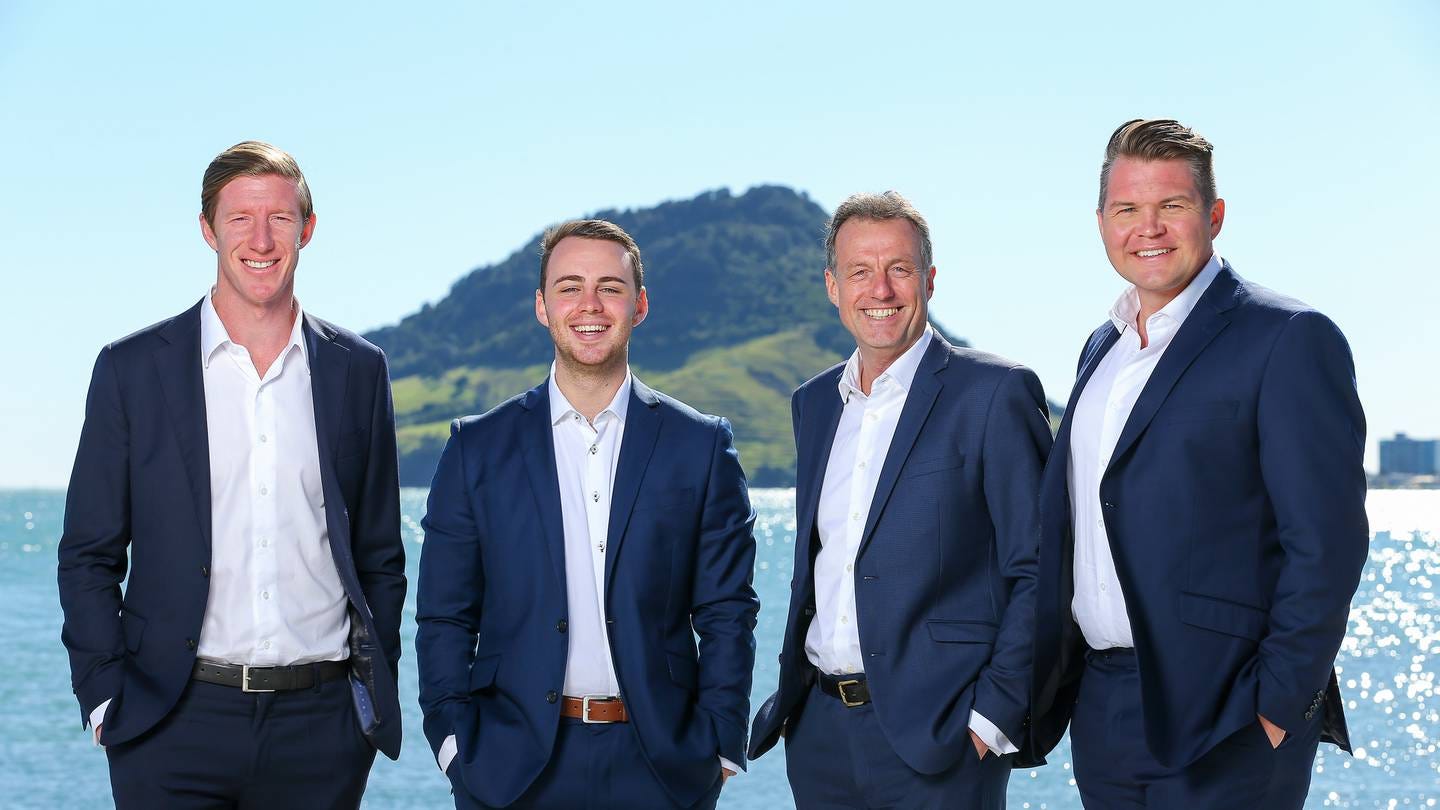
“He’s going to bring something really different to our caucus and some diversity to it in that in that he’s really well educated, he’s had a local and international finance background, he’s a local agribusiness owner, and he’s a very committed family man from Tauranga who can advocate well for those local issues, so that’s what we wanted, so I’m really excited about what he’s going to be able to bring to our party.” Luxon describes Uffindell when asked about a lack of diversity in candidate selection by Waatea News on May 2.
“Sam is a good candidate and is a high integrity person and he's got good character.” Luxon at 10.20am on Tuesday after learning about the first revelations about Uffindell’s violent assault in 1999 and admitting being a bully as a young man, as well as his decision not to reveal it to voters, delegates or Luxon.
"We've had an MP involved in completely unacceptable and unlawful behaviour.” Luxon at 11.20pm on Tuesday in a statement suspending Uffindell after new allegations emerged.
The Auditor General exposed Three Waters’ democratic deficit
Auditor General John Ryan lobbed his submission on the Water Services Entities Bill into the Parliamentary Select Committee process on Monday, including unusually sharp criticism of the Three Waters reforms.
Ryan skewered the lack of accountability that Three Waters is creating in its attempt to solve Aotearoa-NZ’s existential infrastructure funding blockage. The too-clever-for-its-own-good nature of Three Waters finally caught up with it and sank its teeth into its own rear.
I wrote in Tuesday’s Dawn Chorus about how the Labour Government’s attempt with Three Waters’ to quietly solve Aotearoa-NZ’s fundamental infrastructure financing problem had backfired, largely because not being crystal clear about the need for higher taxes and debts had allowed others to insert co-governance into the vacuum left by that vagueness.
“I am concerned about whether these mechanisms will be sufficient, individually or collectively, to enable comprehensive and effective public scrutiny and accountability.” John Ryan in the submission.
Ka kite ano
Bernard




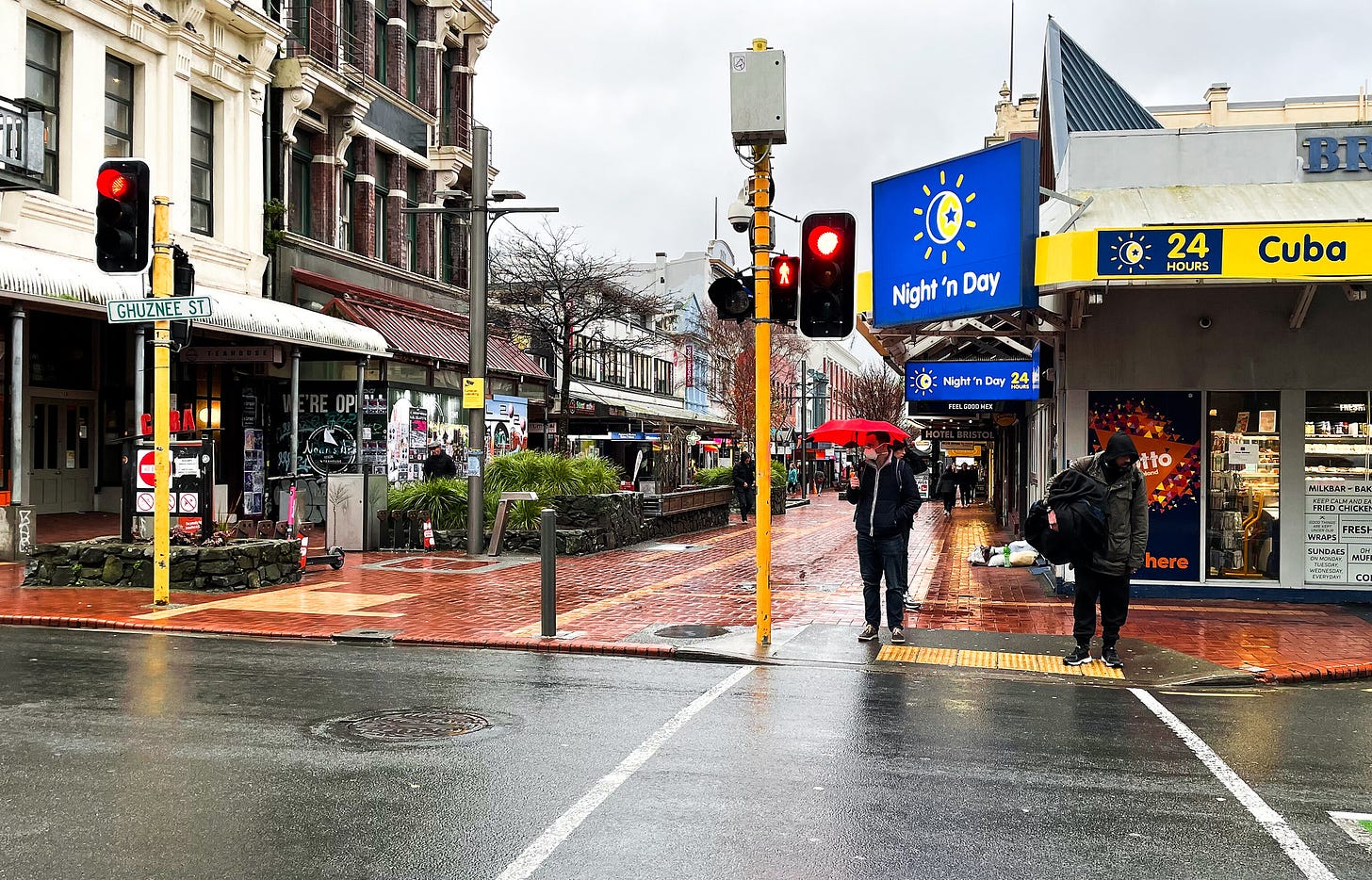
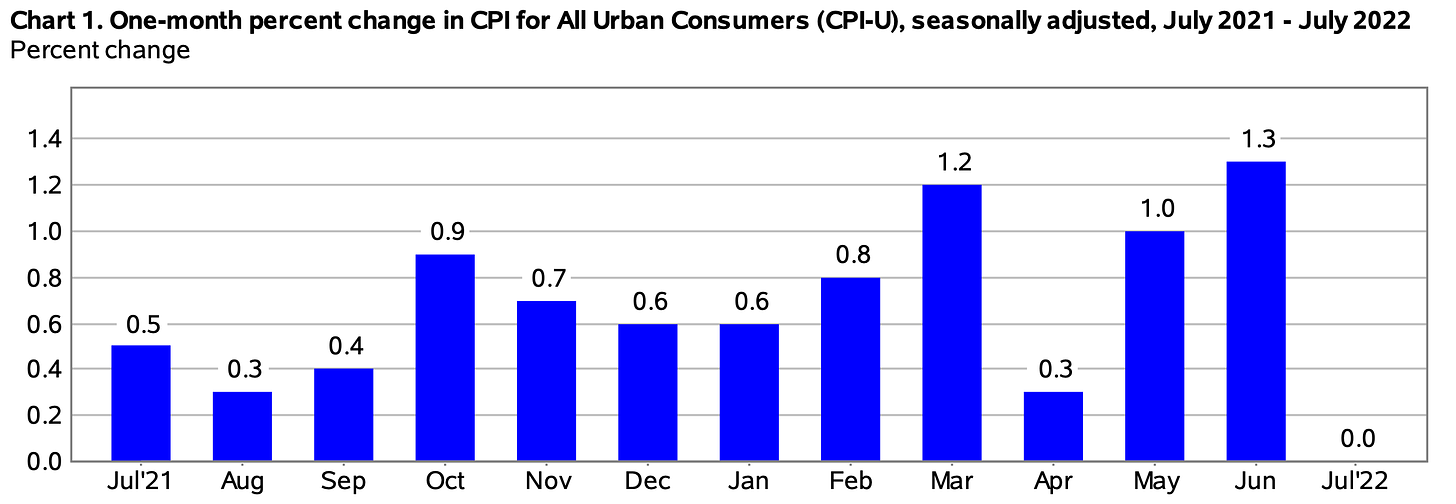
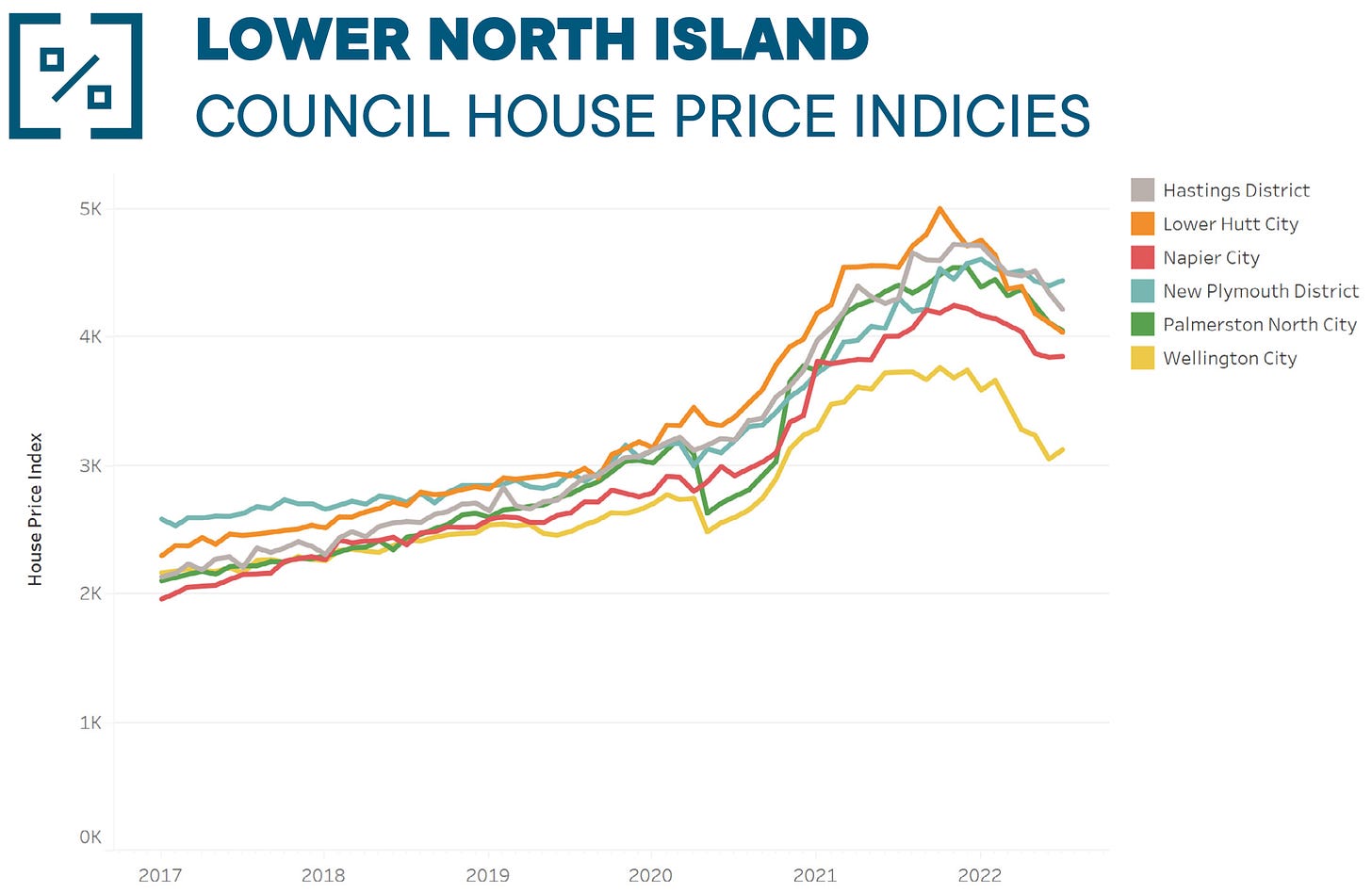










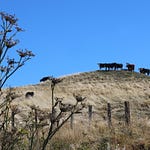



The week that was to Aug 13